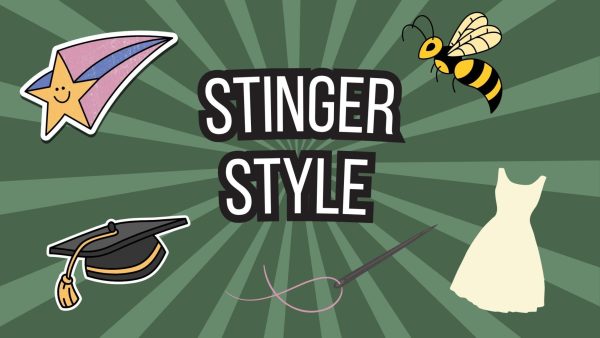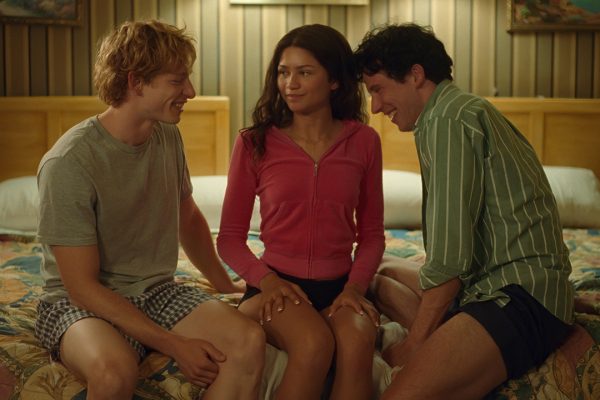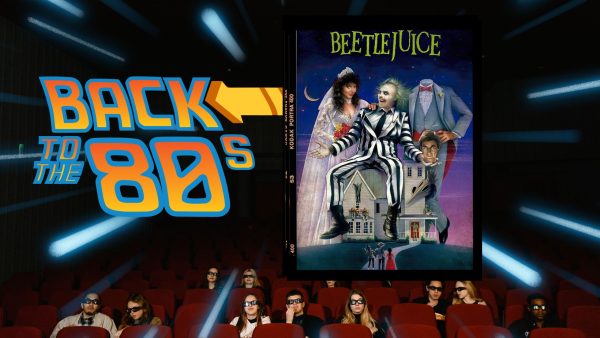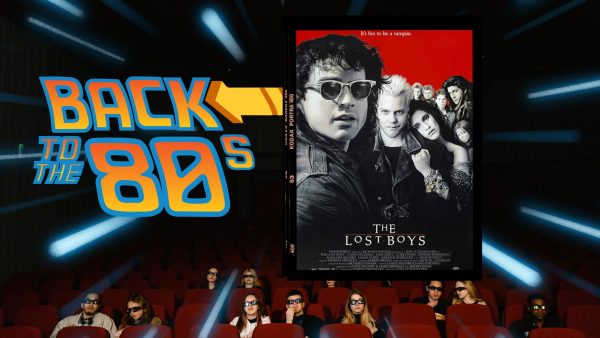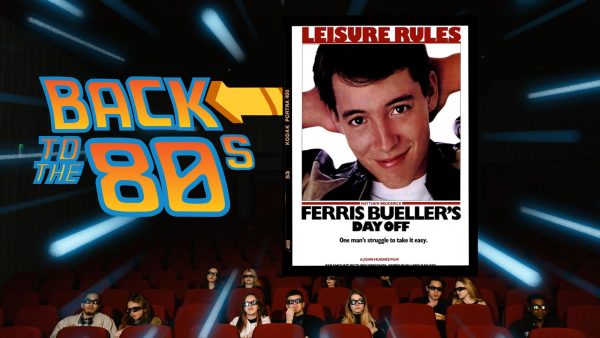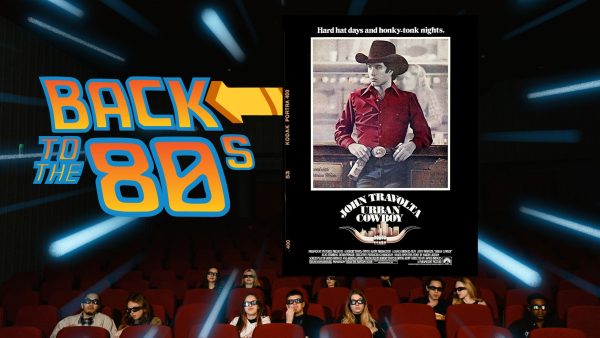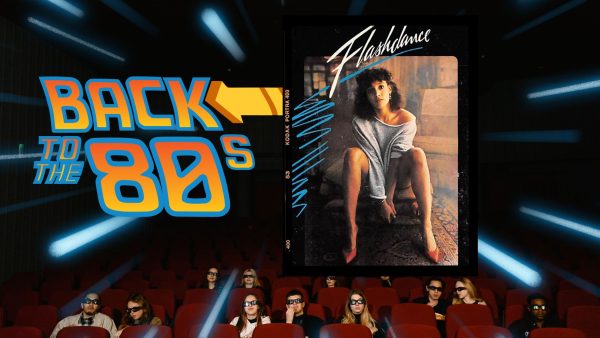Being a celebrity does not make domestic violence acceptable
March 6, 2013
It seems these days that celebrities can do no wrong – all they have to do is come out with a catchy song or a hit movie and all is forgiven. Though that is not always the case, the domestic violence case involving Chris Brown and Rihanna in 2009 have caused the rapper criticism from all over the world.
Shortly after the much publicized dispute that included pictures posted on Twitter of Rihanna’s battered face, it seemed Brown would always have that tarnished reputation.
The assault led to concerts being canceled after domestic violence protesters objected, even their own Law and Order episode. Brown made headlines again after retorting to comic Jenny Johnson’s insults with misogynistic language.
But while most of us focus on the victim, Rihanna – some believe we should focus more on another aspect. Todd Migliaccio,professor of sociology at Sacramento State said the real problem is, why did he hit her in the first place?
A look into Brown’s background reveals his mother was abused by his stepfather, which was one of the biggest demons he wrestled with throughout his life. After his assault on Rihanna, he let down not only Rihanna, but himself and, most importantly, perhaps his mother.
You almost start to pity Brown until you remember that physical violence is never, in any circumstance, okay.
“You have to control the victim mentally before the physical abuse starts,” Migliaccio said. “It starts with hitting the wall, then a push, then a slap with a severe apology, then a month later it’s another slap and it continues from there.”
The mistake society makes is that they ask why victims stay.
“It assumes there is something wrong with the women who stay,” Migliaccio said. “In reality, the women are pressured to stay by the society because of pressure to be in – and stay in – a relationship, even a negative one.”
Migliaccio said it’s a rational response to an irrational situation.
“A lot stay out of fear; some believe they don’t have options – most are just berated and broken down,” Migliaccio said.
Migliaccio points out that “Yes, we will forgive him because we exist in a society that has made domestic violence illegal but common,” Migliaccio said. “Three to four million women (abused) each year is a statement about our attitudes towards violence against women.”
Of course after seeing headlines of Chris Brown proclaiming “I am forgiven,” it is hard to carry a grudge if his girlfriend doesn’t.
Yes, it truly is hard to judge from an outsider’s perspective, but seeing that the on-again off-again pair are back together is a little bit of a jaw-dropper. They have been seen at the Grammy Awards, where Brown so famously snubbed Frank Ocean, who had beat him out for best urban contemporary album.
Migliaccio said there shouldn’t be too much room to fret over Brown’s future though.
“For a celebrity, they can overcome such an issue, as it is not as strongly critiqued as a behavior in our society,” Migliaccio said. “And while we have laws against it, we certainly do not implement programs to change the rates nor educate the people who are engaging in the behaviors – men.”
His actions are related to a primary expected behavior of masculinity in our society, Migliaccio said.
“To reject Chris Brown would be to question the larger societal expectations,” Migliaccio said. Which is a startling thought, but in actuality, it appears to have some truth behind it.



























































































































